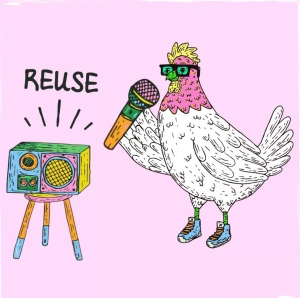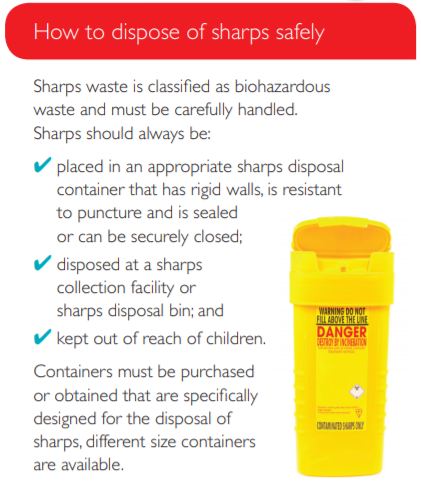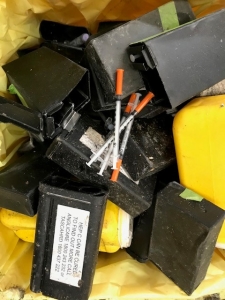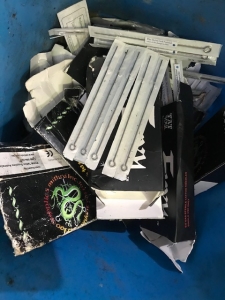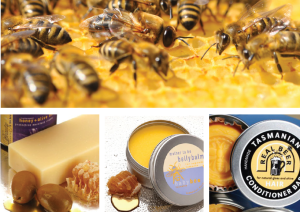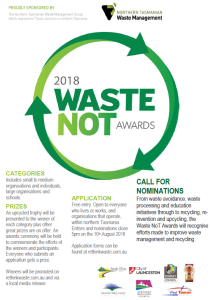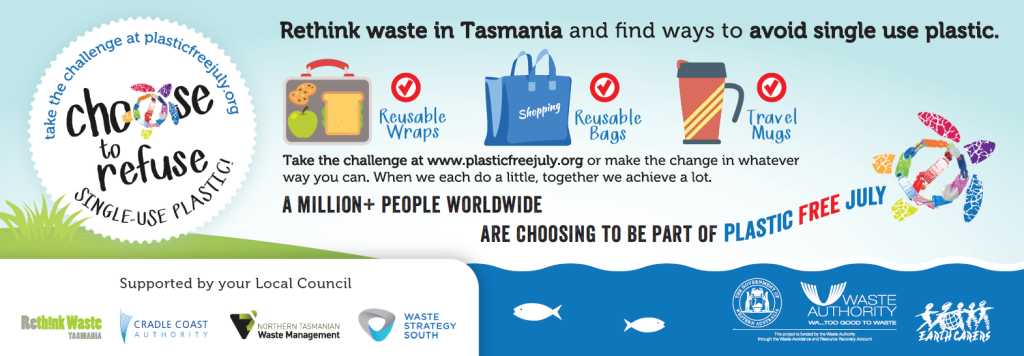Any news should be listed under this category
National Recycling Week an Opportunity to Close the Loop
Tasmanians are getting better at recycling with more than 242,000 tonnes of materials collected for re-use in the last year and a steadily declining rate of contamination.
According to Northern Tasmanian Waste Management Group member, Michael Attard the positive trend has been helped by the arrival of new recycling services and a change in attitude.
“Tasmanians are more interested in and aware of what happens to their waste than ever before.”
“Combine this with the arrival of specialised recycling services such as soft plastics collection bins in major supermarkets and the growing number of food and organics collections being introduced across Tasmania and you see less recyclable materials ending up in landfill,” Mr Attard said.
For this trend to be sustainable, the state’s three regional Waste Management Groups are encouraging people to seek out packaging and products made from recycled material or with high recycled content so that the good materials keep going around.
“Recycling as a system only works if we all make an effort to close the loop,” Mr Attard said. “Putting recyclable materials in a recycling bin is only half the story.”
“That means supporting companies that actually use recycled ingredients to make their packaging and products. If we all do our bit to generate demand for recycled goods, then waste will continue to be reduced and recycling can continue to thrive.”
“Demand for recycled products will also increase the viability of more Australian-based recycling processors. We should be aiming for a circular economy for recycling where materials are reprocessed and reused within Australia.”
Cardboard, newspaper and aluminium cans typically have high levels of recyclable content in Australia. Packaging increasingly shows the presence and level of recycled materials used and people can search online for directories of products made from recyclables, including on the Planet Ark recyclingnearyou website.
“You and I may be motivated to recycle for environmental reasons, but businesses also need to see that there’s adequate demand and lasting financial benefits in changing their production methods and materials.”
“It’s another example where individual decisions and actions can add up to make a big difference,” Mr Attard said.
National Recycling Week is being celebrated across Australia from 12 – 18 November.

